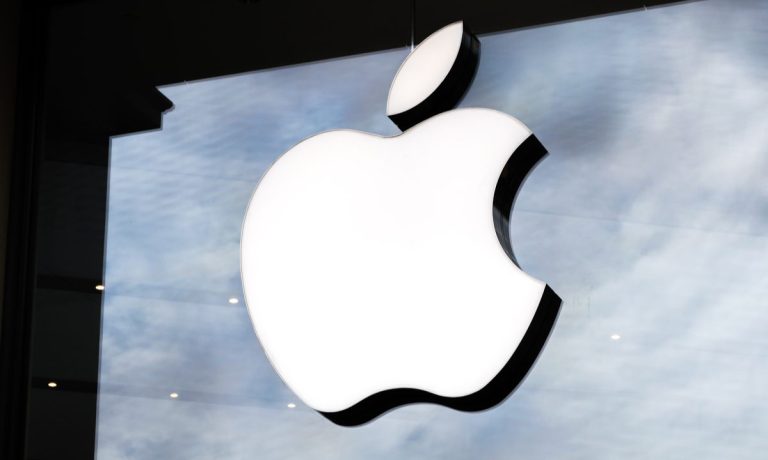India Regulator Launches Probe of Apple App Store

India’s competition watchdog, the Competition Commission of India (CCI), wants to look into Apple over reported violations of antitrust law, according to a Reuters report Friday (Dec. 31).
The order comes as a nonprofit group, “Together We Fight Society,” said Apple had been forcing developers to use its in-app purchase system — a violation of its dominant position in the apps markets.
The complainant also said that Apple’s 30% in-app fee on the distribution of paid digital content had been harming competition.
They feel that by restricting competition on in-app developers and customers, Apple had been putting barriers up to market entry, including for possible app developers and distributors.
In an earlier filing, Apple denied the allegations, saying it wanted the regulator to throw the case out. Apple said its Indian market share was between 0-5%, which it called “insignificant.”
However, CCI said Apple’s arguments were misdirected and that the allegations concerned anti-competitive restrictions on app developers, rather than end-users.
Apple, along with other tech giants, has been facing adversity from numerous countries around the globe as of late.
PYMNTS writes that as of late 2021, the Dutch payments regulator had ordered Apple to change the policies for its App Store to let dating app providers use other payment systems.
Read more: Apple Must Change App Store Policies, Says Dutch Antitrust Regulator
Martijn Snope, chairman of the Netherlands Authority for Consumers and Markets (ACM), said the app providers could often be dependent on the App Store. Apple, he said, had unique responsibilities in that regard.
“That is what we are forcing Apple to do with this order,” he said. “Protecting people and businesses against abuse of market power in the digital economy is one of our most important duties.”
Dating apps were a special case because, according to Snope, they have to accept Apple’s conditions about the App Store and payment instruments. Furthermore, if users pay for special “superlikes” or boosts, part of that payment goes to Apple.
The conditions aren’t reasonable, according to the ACM.